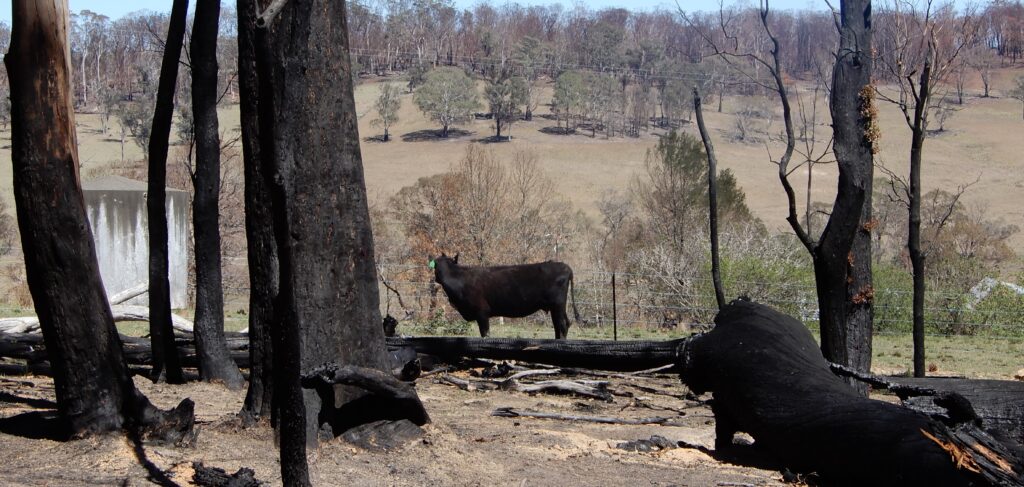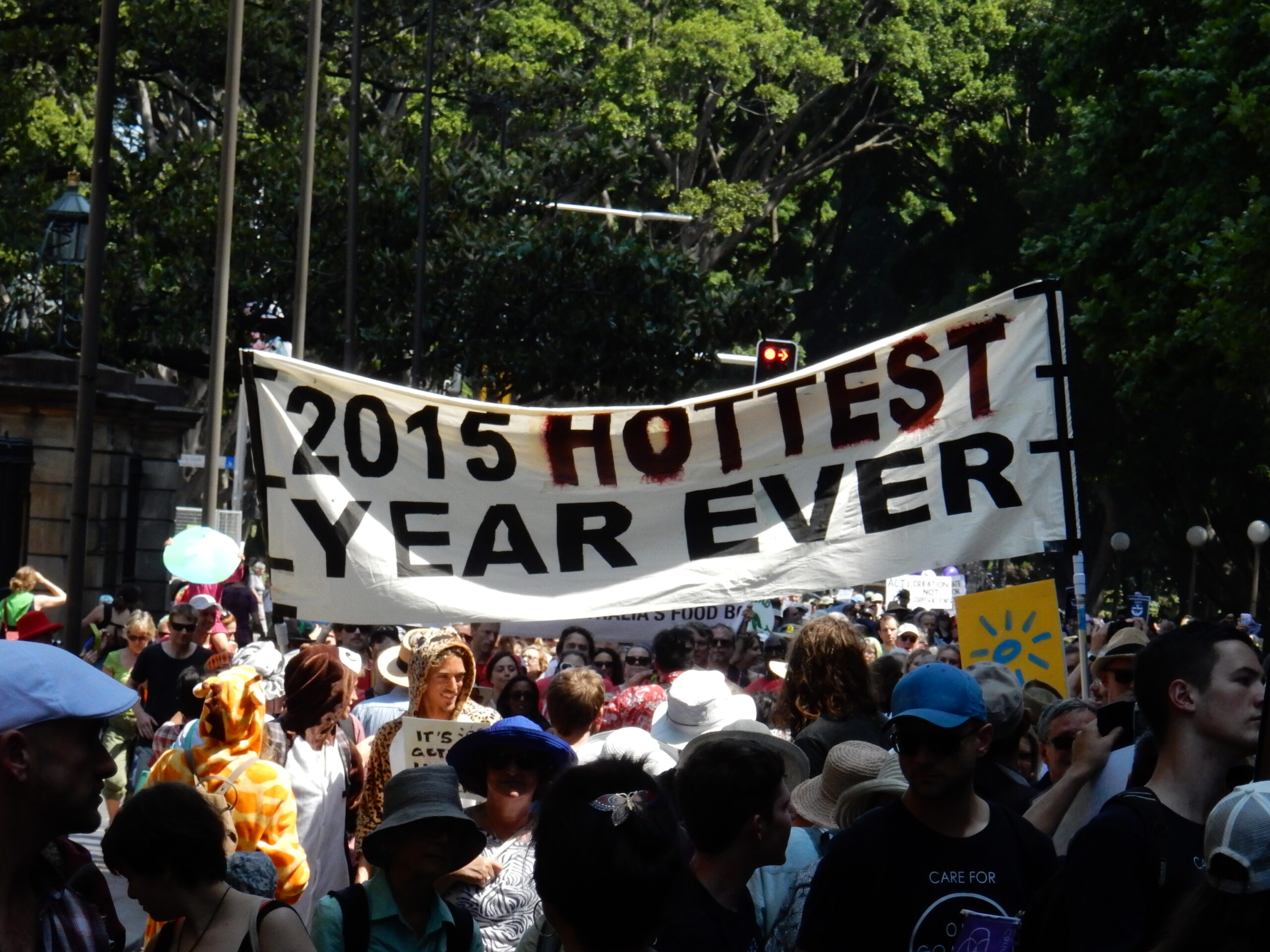Mum would occasionally respond to her children’s naughtiness with the expression: ‘Butter wouldn’t melt in your mouth’. It was an affectionate call out – notice that one of us had been sprung and were acting as if nothing had happened. We were a pretty well-behaved lot so the transgressions were minor.
The notion that one could be so cool in the act of deception or disingenuousness that a nugget of butter might stay solid in the gob is an old one. It long predates refrigeration, oddly enough. My wonderfully tactile second edition of the Oxford Dictionary of English Proverbs [1963] dates it to John Palsgrave’s 1530 book on French grammar. The term may therefore have continental origins but I suspect it was a local saying, already familiar and used by Palsgrave to assist his readers understand French. My English mum knew it well enough.
In either case the proverb refers to the practised dishonesty of the subject. And so it came to mind when I read the transcript of Josh Frydenberg’s speech to the Australian Industry Group a couple of weeks ago, titled ‘Capital markets and the transition to a low emissions future’. The Australian Treasurer’s chat was an upmarket assessment of what many scientists view as an impending catastrophe. It ended thus:
Climate change and its impacts are not going away. It represents a structural and systemic shift in our financial system, which will only gain pace over time. For Australia, this presents risks we must manage and opportunities we must seize. That work is well underway but there is still more to do. (24/9/21)
One wonders about the timing and content of the address. Scientists, environmentalists, and indeed many economists, have been pointing to the costs of not adapting to inevitable climate change for a decade and more. It has long been recognised that ‘climate change and its impacts are not going away’ and preparing for those makes good financial sense. Environmental issues no longer sit conveniently outside the market as irrelevant ‘externalities’, in the modelling of neo-classical economists, they are inconvenient truths which must be factored in. Surely something more leaderful would be have been appropriate from our Treasurer as we head, ever faster, towards the cliff of disastrous climate change.

Australia’s Coalition of the Liberal and National Parties – to which Frydenberg has belonged since 2010 – generally defers to market forces. Government regulation, taxation, interference is anathema to their vaunted defence of the individual and the family. They were even willing to let car manufacturing die in Australia. The last locally-built Holden – that symbol of this nation’s post-war industrial recovery – rolled off the assembly line during their tenure in 2017. Market forces simply demanded it.
And yet they have waged a culture war against the science of climate change since 2009 when Tony Abbott unseated Malcolm Turnbull as the leader of the then Coalition opposition. The opening salvo in that conflict was Abbott’s reference to the scientific predictions as ‘absolute crap’. His ensuing wholesale opposition to Government policy mirrored the tactics of the US Republicans against Barak Obama’s reforms, and helped him win Government in 2013. Dealing with climate was characterised as a typical Labor effort to raise taxes on hardworking families. It was something that only elites, detached from the real world of suburbs, farms and the regions around them, worried about. The popular consensus developing around the need to address climate change was eroded in the process.
The Coalition has been in power ever since, and ever since they have opposed effective action on climate change. In 2014, former treasurer Joe Hockey referred to wind turbines as ‘utterly offensive’ blots on the landscape without any sense of irony; of course, the term would be better applied to open cut coal mines. Major climate change rallies in Australian cities in 2015 were dismissed as manifestations of the selfish hysteria of urban ‘elites’. In the lead up to the 2019 Federal election, small business Minister Michaelia Cash furiously argued that electric vehicles would be imposed upon Australians by an authoritarian Labor government – thus crippling the businesses and families dependent upon gas-guzzling pick-up trucks and SUVs. In 2019 the office of Energy Minister Angus Taylor sent false information concerning the climate conscious Lord Mayor of Sydney, Clover Moore, to the right-wing media in an attempt to embarrass her. In 2020 former resources minister, Matt Canavan, referred to renewable energies as the ‘dole bludgers’ of the energy sector compared to hardworking coal.
But most theatrical and outrageous of all was [then Treasurer] Scott Morrison’s goading of the Labor opposition in parliament in 2017. Then he waved around a large piece of coal, helpfully provided by the Minerals Council of Australia, while shouting, ‘This is coal, don’t be afraid, don’t be scared’. The message: climate change is a figment of paranoid imaginations.

There was no mention of that litany of absurdities in the Treasurer’s recent rosy assessment. Indeed, he dutifully trotted out the creative accountancy which scores Australia high for its emissions reduction efforts, as he has done on previous occasions. All other credible commentators take the opposite view. With the defeat of Donald Trump in the US, Australia’s sorry record on climate change has become increasingly difficult to justify – hence Frydenberg’s recent anodyne address I suspect.
The melt off the West Antarctic Ice Cap has tripled since 2000. The pace of glacial disappearance is similar in Greenland and elsewhere. Sea level rise, shifts in ocean currents, increased severe weather events, bushfires and extinctions are following the disappearance of ice – just as scientists have predicted they would.
Yet instead of preparing Australia for the changes, or assisting with global efforts to lessen the catastrophe, since 2009 the Coalition has obfuscated and politicised an issue which affects everyone. More than a decade has been lost because of the so-called ‘climate wars’. As the ice melts across the world, the Australian government is being pulled unwillingly towards meaningful action. They won’t admit to fault of course – butter wouldn’t melt in their mouths.

